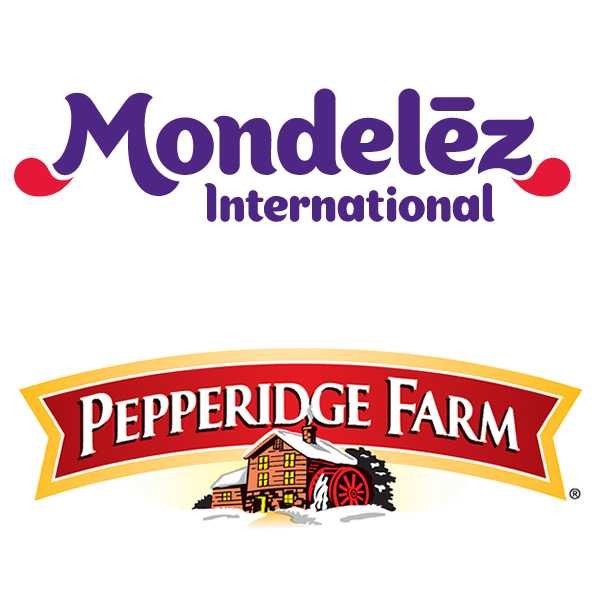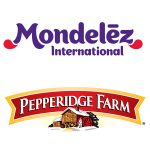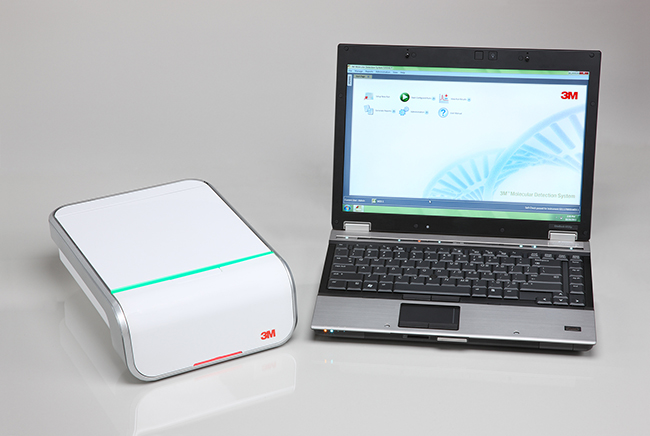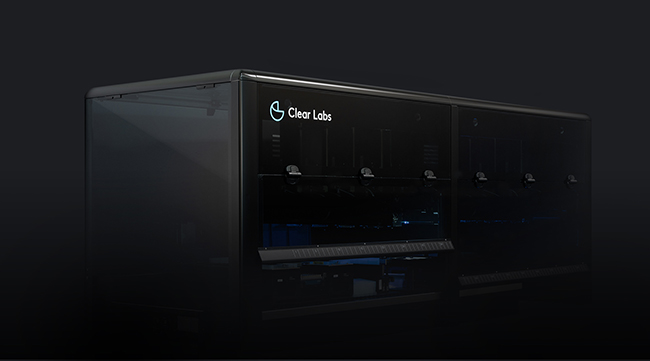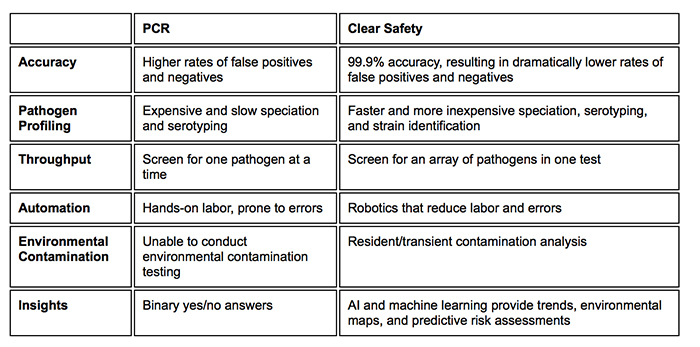The last word a manufacturer wants to hear is “recall”. During 2017, recalls involved everything from salad mix contaminated with a dead bat to hash browns infused with shredded golf balls.
Not all recalls are created equal. Both the USDA and the FDA have three classifications of recalls to indicate the relative degree of health hazard presented by the product being recalled:
- Class I: A Class I recall is the most serious classification, involving a health hazard situation in which there is a reasonable probability that eating the food will cause health problems or death.
- Class II: A Class II recall involves a potential health hazard situation in which there is a remote probability of adverse health consequences from eating the food.
- Class III: A Class III recall involves a situation in which eating the food will not cause adverse health consequences.
During 2017, there were 456 recalls recorded in the United States. The number one reason for those recalls was undeclared allergens.
Identify the weak links in your supply chain: Attend the Food Safety Supply Chain Conference | June 12–13, 2018 | Rockville, MD | Learn moreFoodborne illnesses continue to be widespread, as well. In 2017, we saw Robin Hood flour contaminated with E.coli, Soygo yogurt with Listeria, tomatoes, cantaloupe, and ground turkey tainted with Salmonella, and even shredded coconut was responsible for causing a Salmonella outbreak in the United States and Canada. Foodborne illness outbreaks can happen at restaurants, corporate events, private parties, schools and cruise ships—anywhere and everywhere food is served.
Recalls and foodborne illnesses are 100% preventable. Incidents occur because of human error, and all it takes is one weak link to cause serious—and potentially fatal—problems. That’s it. One weak link can cause the traumatic deaths and/or illnesses of customers, and cost your company billions of dollars, loss of sales, plummeting stocks, negative media coverage and a severely damaged reputation.
When there’s a recall or a foodborne illness, products must be destroyed, which is lost revenue for manufacturers, retailers, restaurants, etc. Finding the source of the contamination can be a massive undertaking. The manufacturer may need to close all of their plants for cleaning until the source is identified, which adds up to a tremendous financial burden, and also requires significant time and effort. Class 1 recalls can cost hundreds of millions of dollars or more, to identify the source of contamination, recall products, sanitize facilities, and keep consumers safe.
It takes years for companies to establish a solid reputation, and food recalls and foodborne illness outbreaks can obliterate a brand’s reputation overnight. Consumers lose confidence much faster than they gain it, and bad news travels fast (especially in this time of social media where news spreads instantly and widely). And on top of that, there may be litigation as a result of the recall, incident or outbreak, which will result in attorney fees and potential settlements that could be very significant. If the risk of massive expense and bankruptcy isn’t enough, for the past few years, the U.S. District of Justice has been issuing fines and prison terms to company leaders involved in foodborne illnesses outbreaks and food recalls.
The government, media and general public are holding companies (and their leadership) accountable now, so you’d think that recalls and foodborne illness incidents would be on the decline but, unfortunately, that’s not the case. And with advancements in technology, why are we still having so many issues surrounding the safety of our food?
Many media outlets report that foodborne illnesses have been rising considerably in the past few years. However, according to the CDC, a study showed that the six most common foodborne illnesses have actually declined in frequency by 25% over the last two decades. Having said that, though, the severity of foodborne illness outbreaks seems to be increasing, and the number of outbreaks connected to produce has risen, as well. Some experts believe the increases may be due to better reporting processes rather than an actual increase in the number of foodborne illnesses.
There are various theories as to why foodborne illnesses may be getting worse. Some government agencies indicate it has to do with farming policies. The CDC disagrees. More widely accepted beliefs are the increase in popularity of organic produce—grown with manure rather than chemical fertilizer—which can transfer bacteria to the produce. Additionally, there’s debate that the use of antibiotics can cause bacteria that causes foodborne illnesses to become resistant.
Recalls may occur for a variety of reasons. Products may be pushed beyond their shelf life by the manufacturer, or maybe the design and development around the product was insufficient (equipment, building, etc.). Is the manufacturing facility designed in a manner that can prevent contamination—structurally and hygienically? Maybe the production quality control checks failed. Did the manufacturer conduct an adequate food safety risk assessment prior to launching the new product? Profit margins are often thin—did financial incentives prevent the company from implementing a thorough food safety program?
Getting back to the basics of food safety would reduce recalls and foodborne illnesses significantly. Manufacturers must be certain about food safety as well as the integrity of the ingredients they use. They need to be honest with themselves and understand the risks of the ingredients, processes and finished products that they are handling.
Human error is a given. It’s the corporation’s responsibility to minimize the risk. Implement ongoing food safety education and training for all employees, explaining the proper food safety protocols and processes. Develop internal auditing systems, using innovative digital tools. Get rid of the pen and paper forms, where it’s more likely for errors to occur and for pencil whipping to happen. Digital solutions provide more effective internal auditing, meticulousness in corrective action systems including root cause analysis, allergen management, and controls relating to packing product into the correct packaging format—all fundamental to keeping foods, consumers and businesses healthy and safe.



